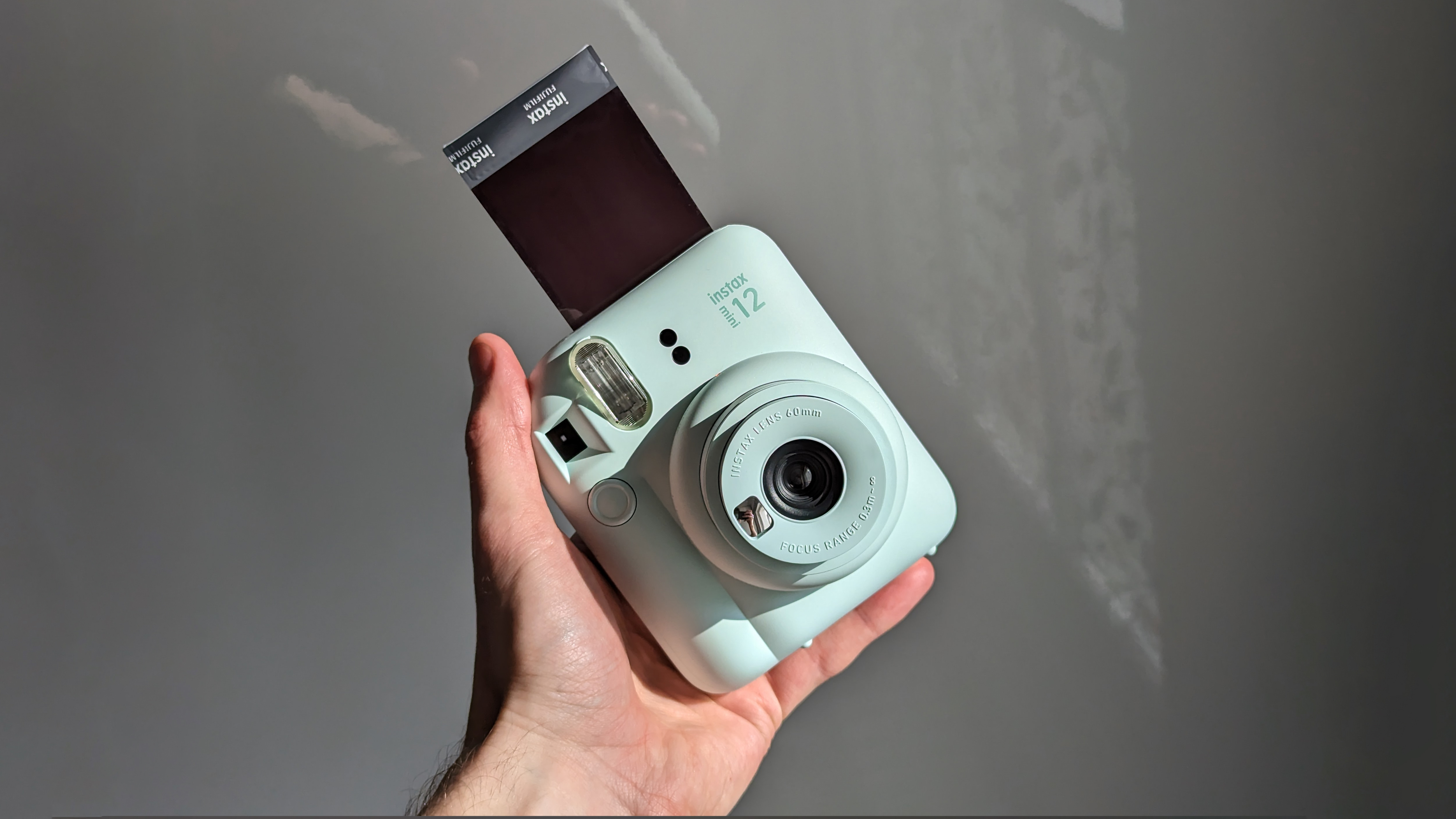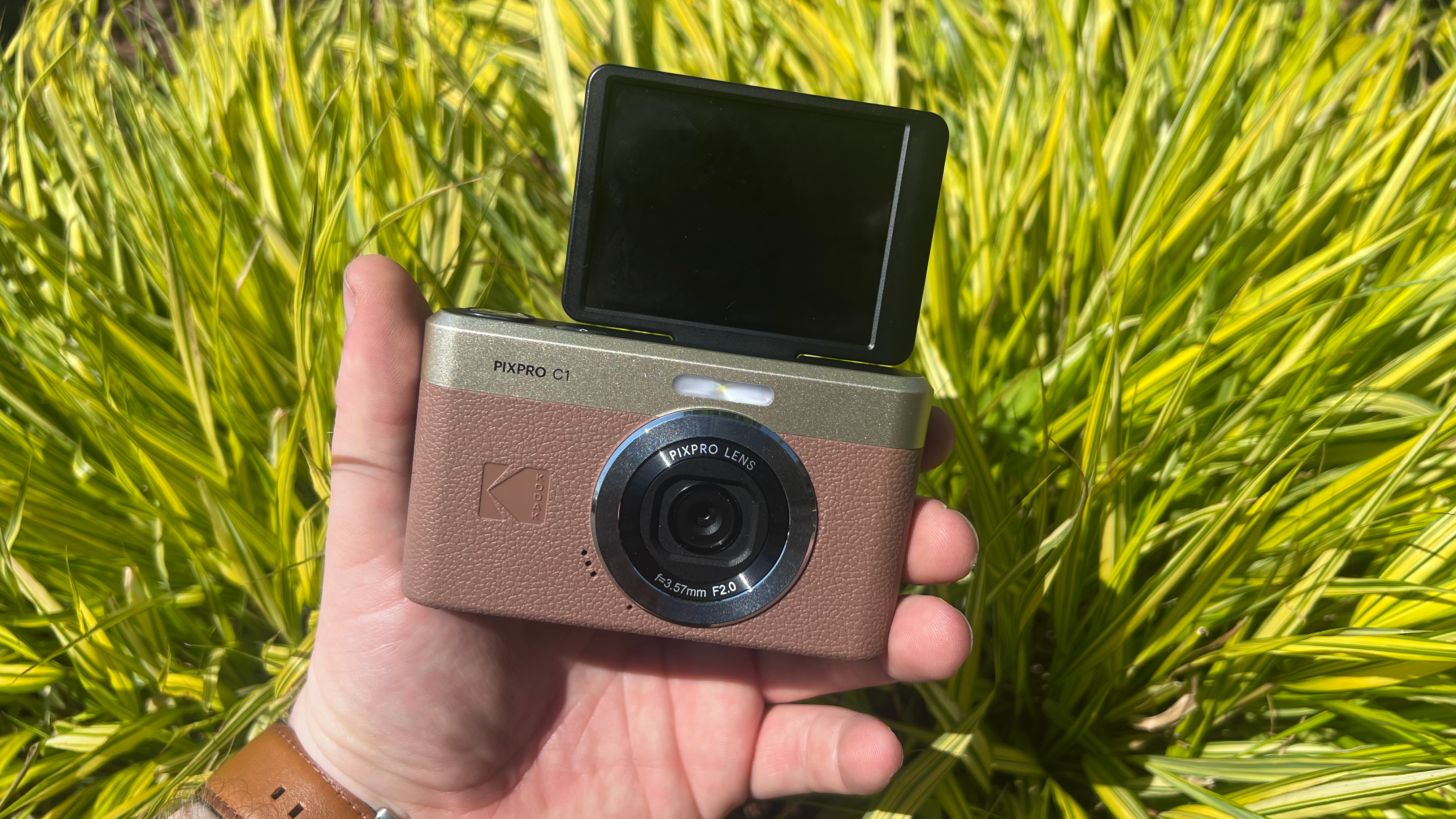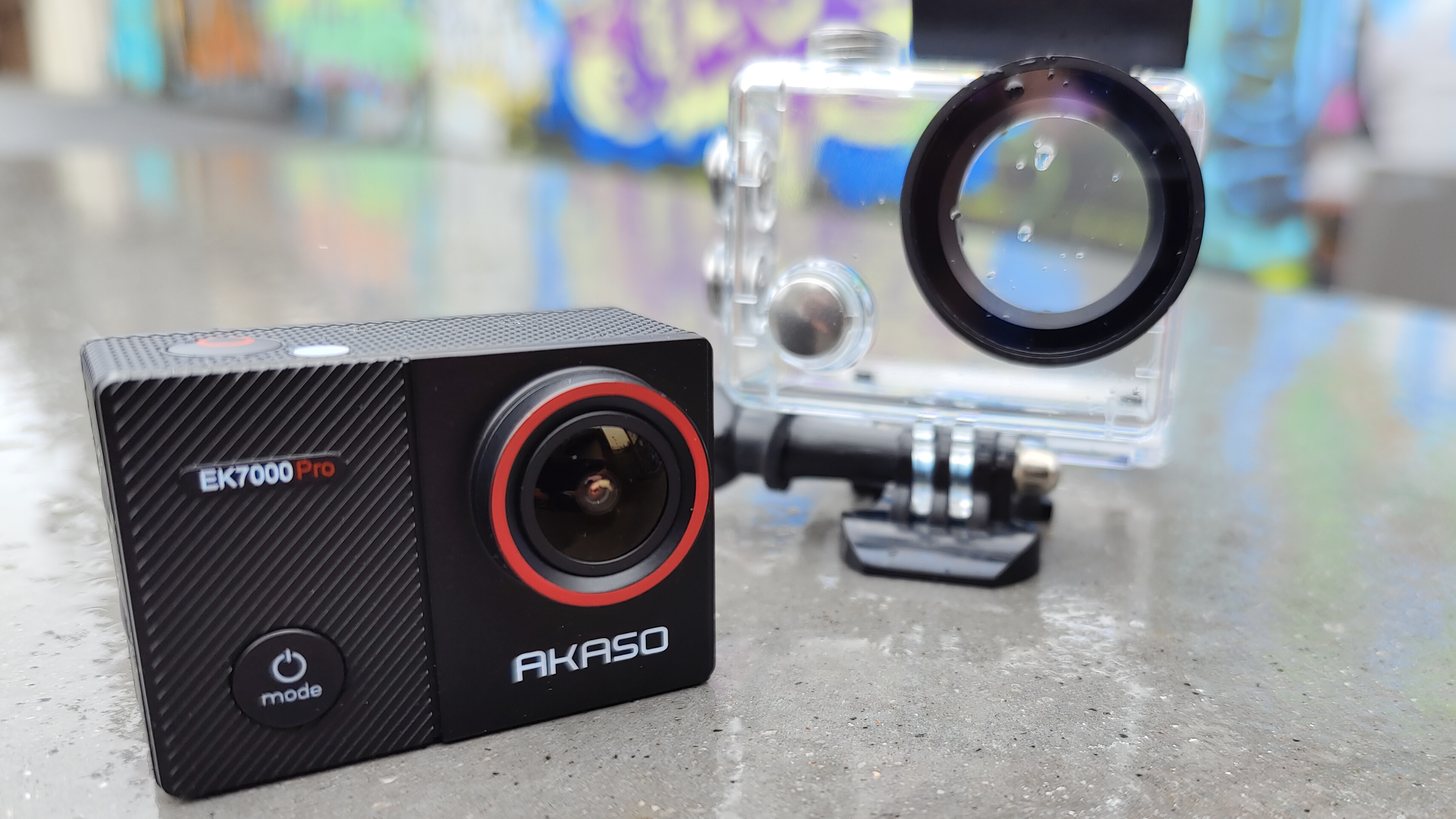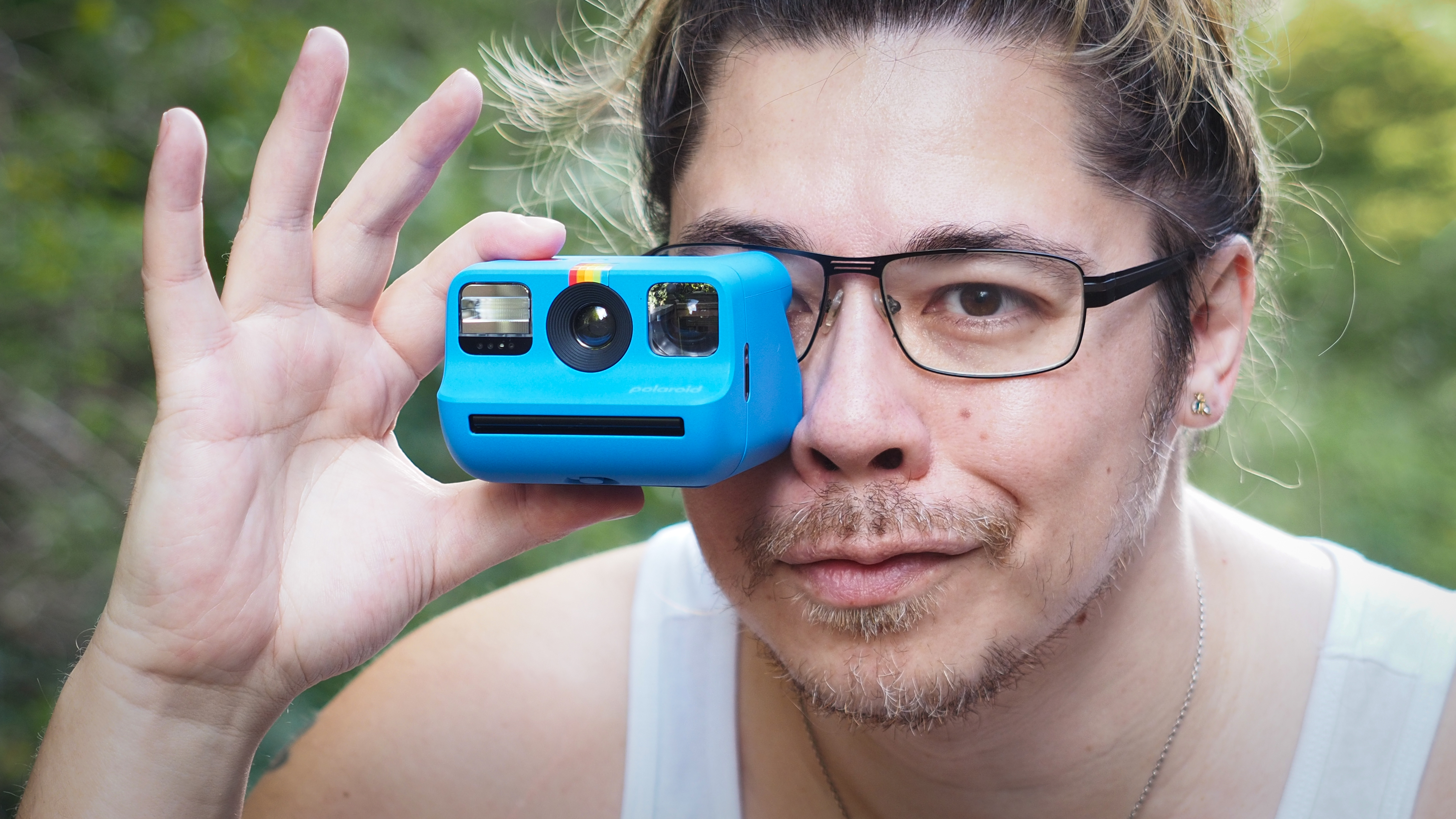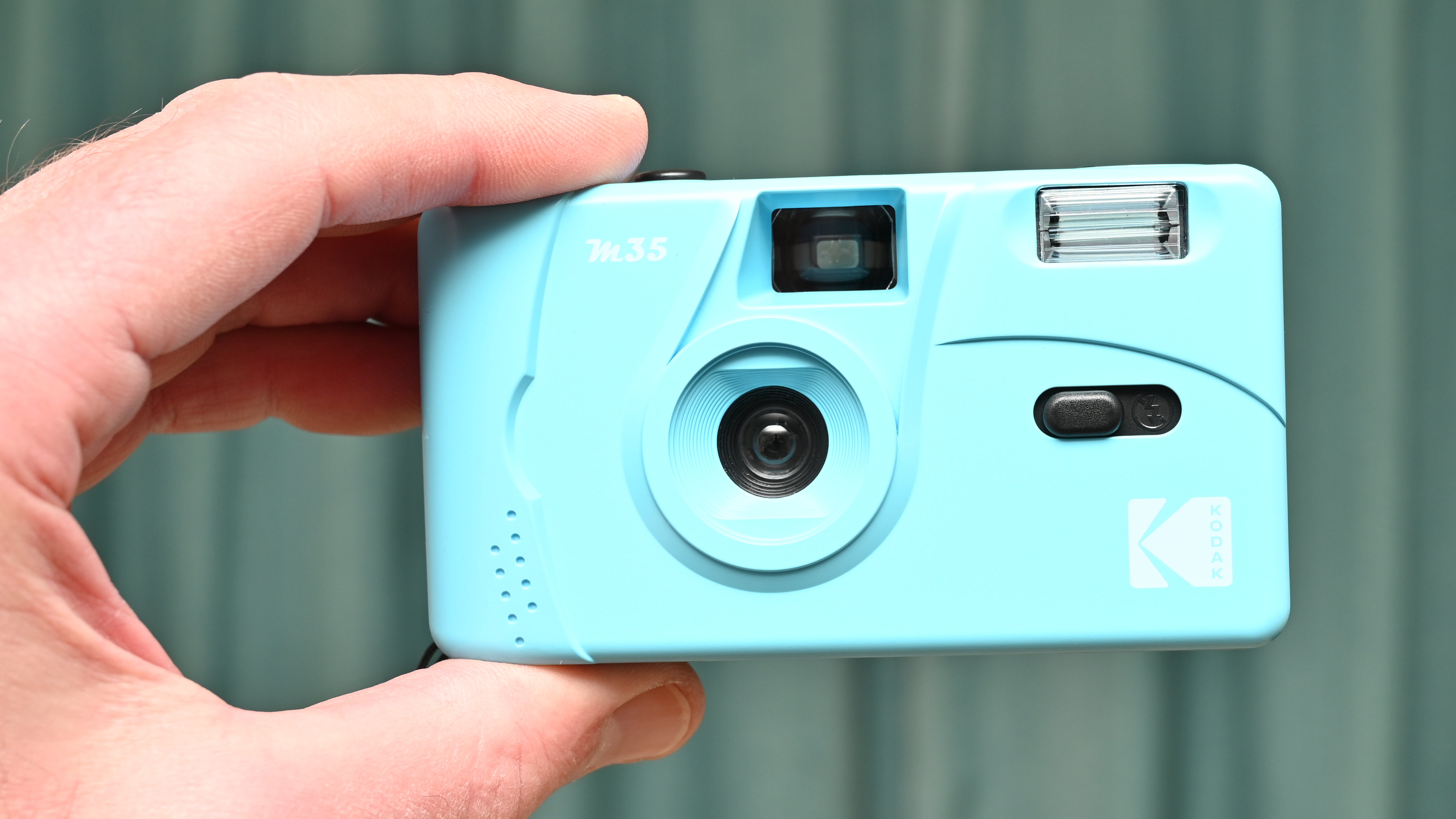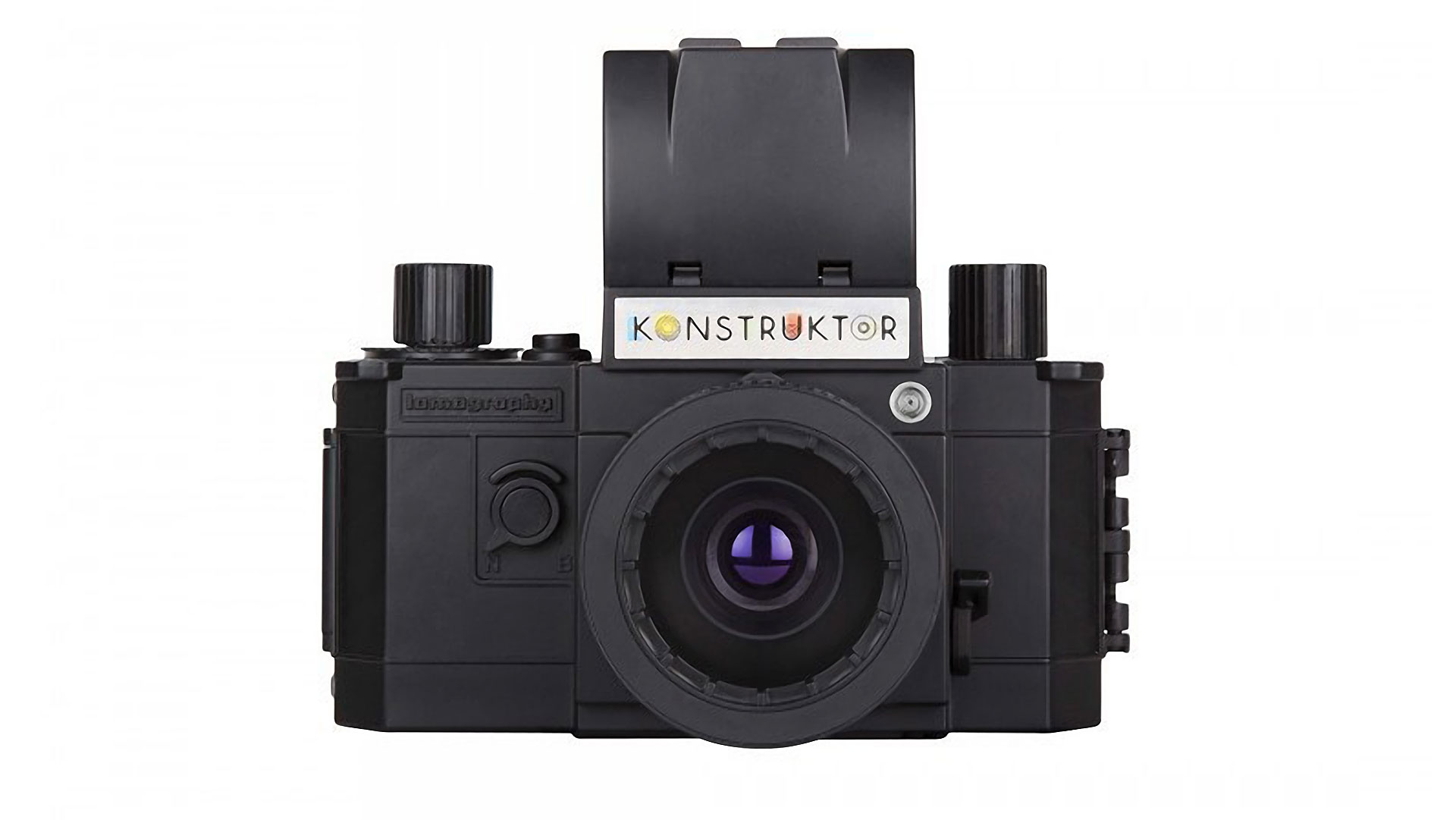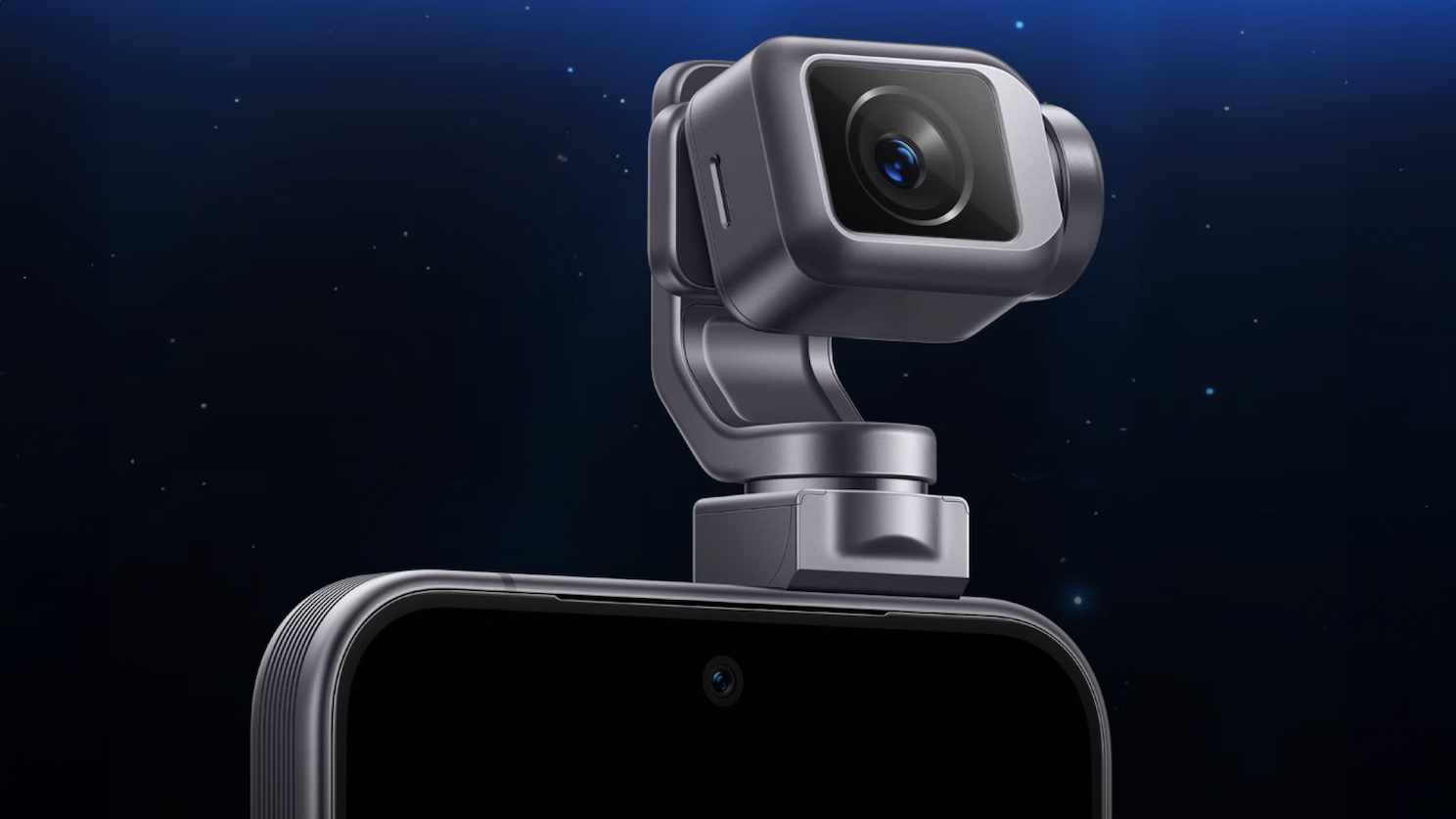The best camera under AU$200
The best camera under AU$200 will enable you to capture some amazing memories on a budget and you'll be amazed at what you can get for your money
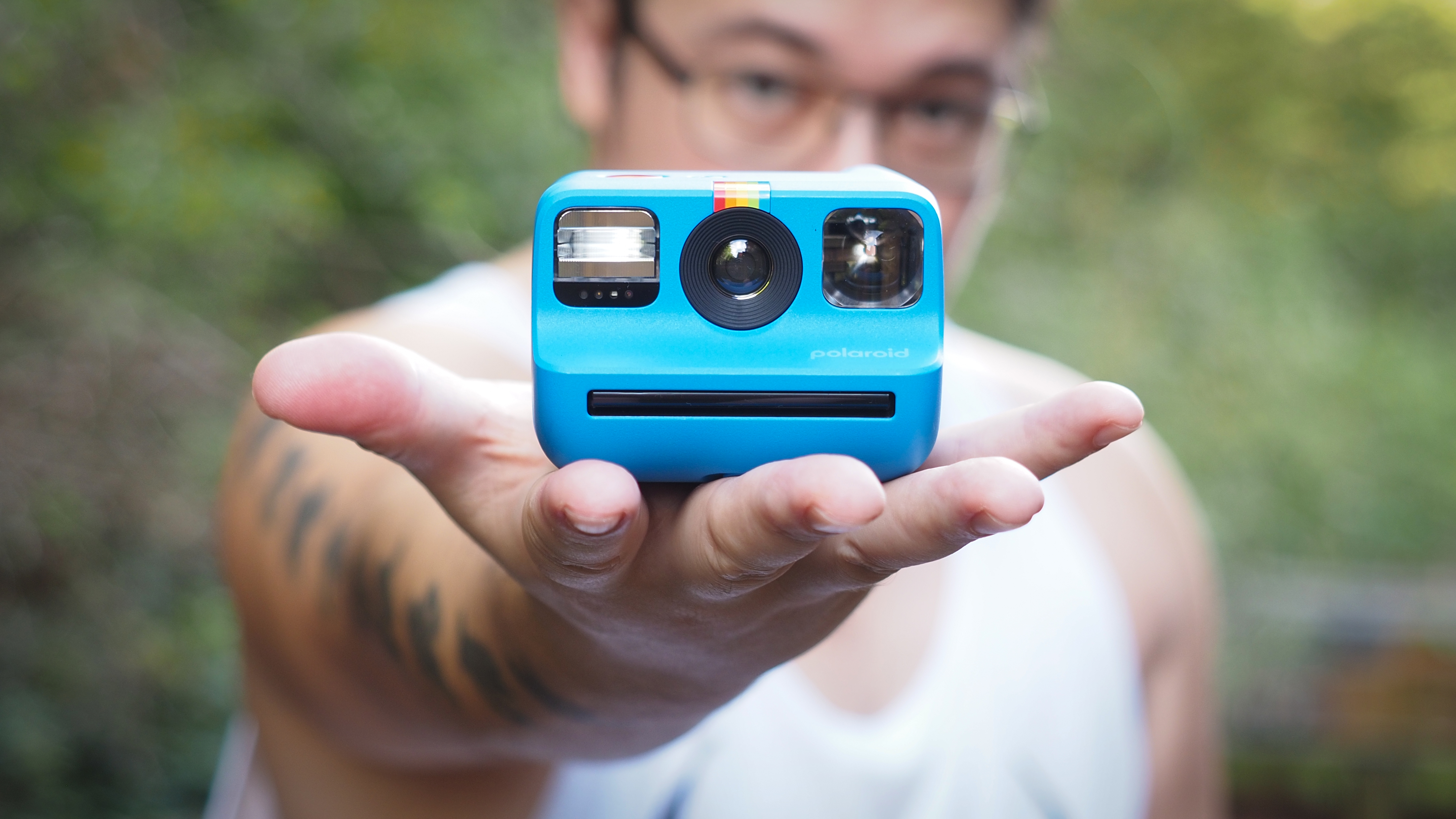
The best camera deals, reviews, product advice, and unmissable photography news, direct to your inbox!
You are now subscribed
Your newsletter sign-up was successful
You might have assumed the best camera under AU$200 would be something of a unicorn – non-existent! But this isn't the case, as there are plenty of great cameras you can get for this minimal outlay, and as long as you accept that they're going to come with some compromises, you can get some fantastic value for money.
A good cheap camera is great for learning the basics of photography, and is also especially good for families with children, as it's not going to matter if the camera gets dropped or lost. We've kept this in mind when testing and reviewing the cameras under AU$200 included on this list. All of them are models that have impressed our team enough to merit inclusion – there are plenty of sub-$100 cameras we've reviewed that didn't make the cut.
We've included a mix of analogue and digital cameras – bear in mind that if you opt for analogue, you'll need to factor in the ongoing cost of film.
Scroll to the bottom of the page for a primer on the types of camera we've picked – and if you've got a little more budget, check out our guides to the best cameras under AU$500 and the best cameras under AU$1000.

Hannah specializes in portrait, fashion and lifestyle photography but has more recently branched out in the world of stylized product photography. She spent three years working at Wex Photo Video as a Senior Sales Assistant, using her experience and knowledge of cameras to help people buy the equipment that is right for them. This makes her ideally placed to hunt down the best bargains on cheap cameras.
The quick list
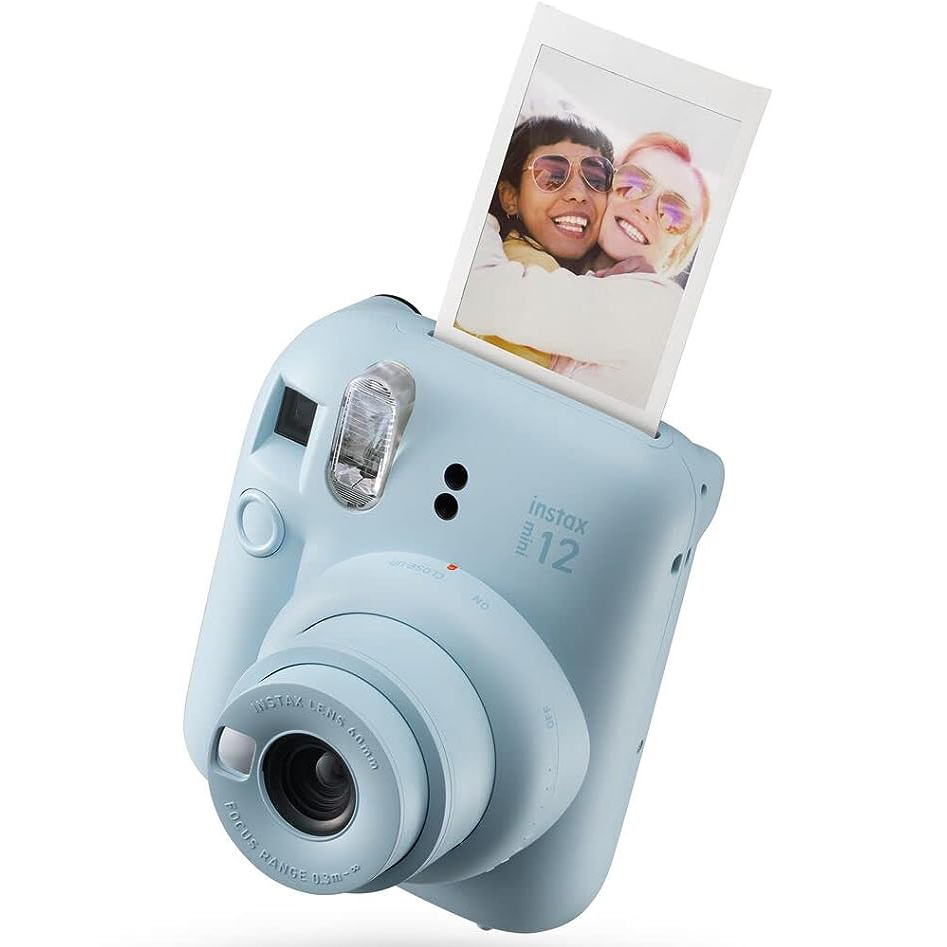
Instax cameras are tremendous knockabout fun, and the cheap Mini 12 will provide hours of instant-print pleasure, as long as you keep it supplied with film (which costs).
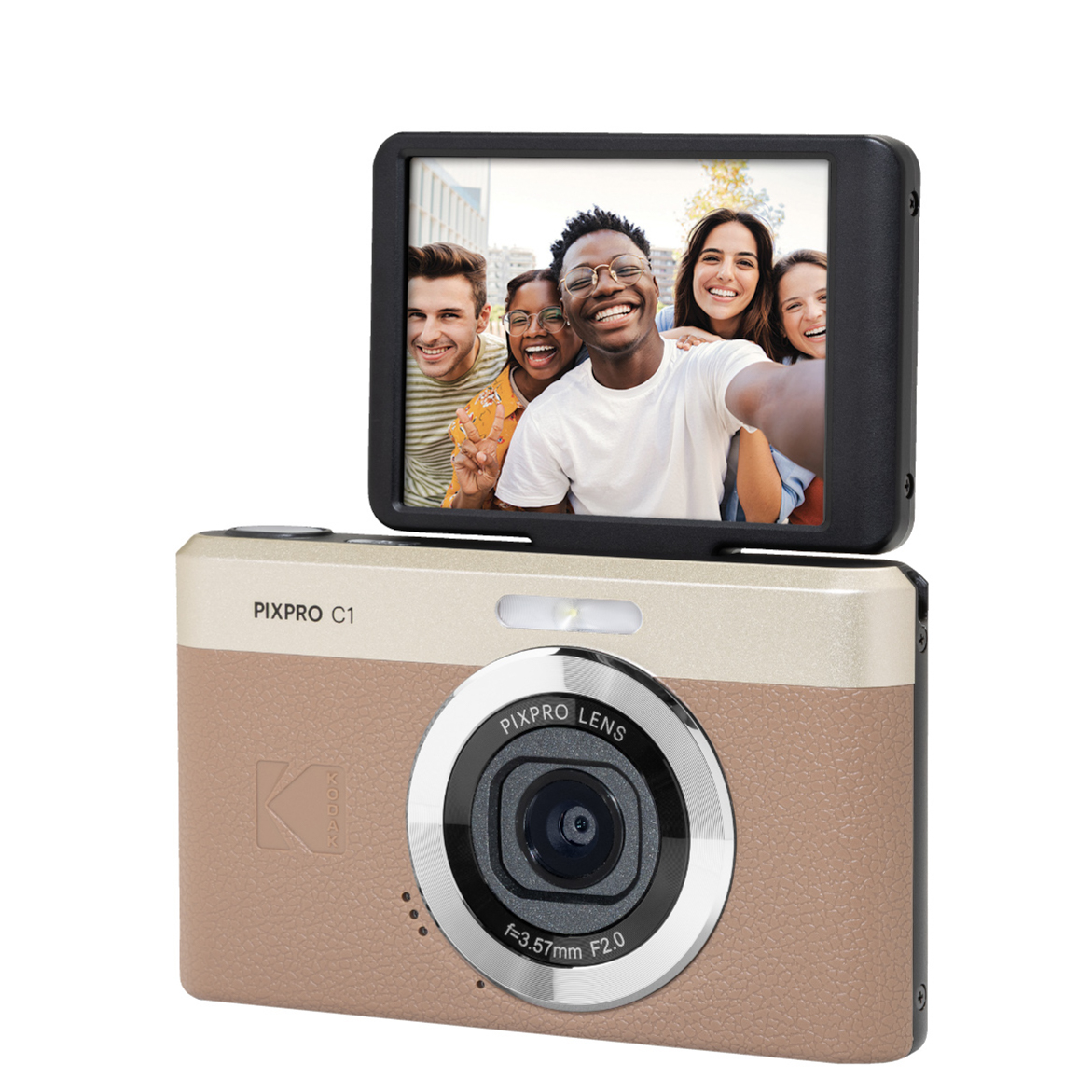
This pocketable digital compact covers the basics of photography for a near-unbeatable price, and even manages to throw in a little retro charm. Perfect for travel.
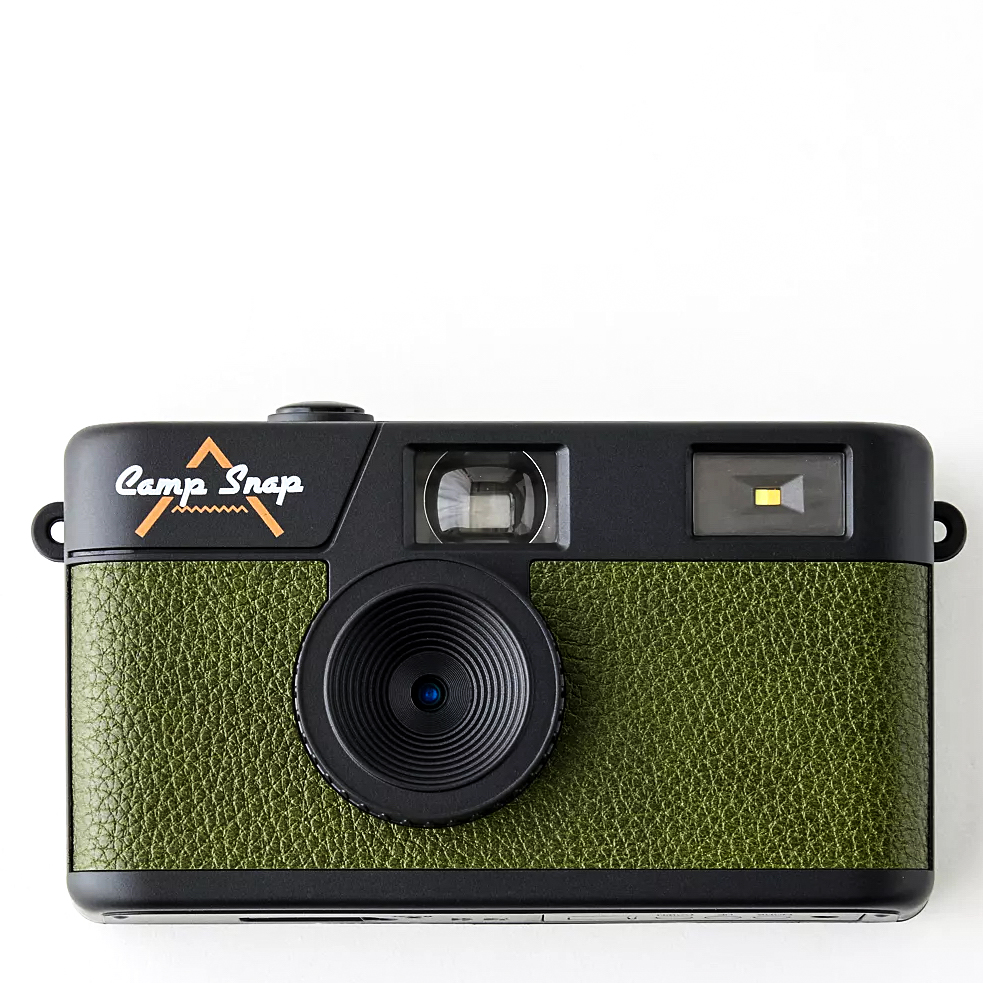
This clever screen-free camera resembles a disposable in its lo-fi knockabout charm, but is all digital on the inside, meaning no additional costs for development. It's basic, but it's lots of fun.
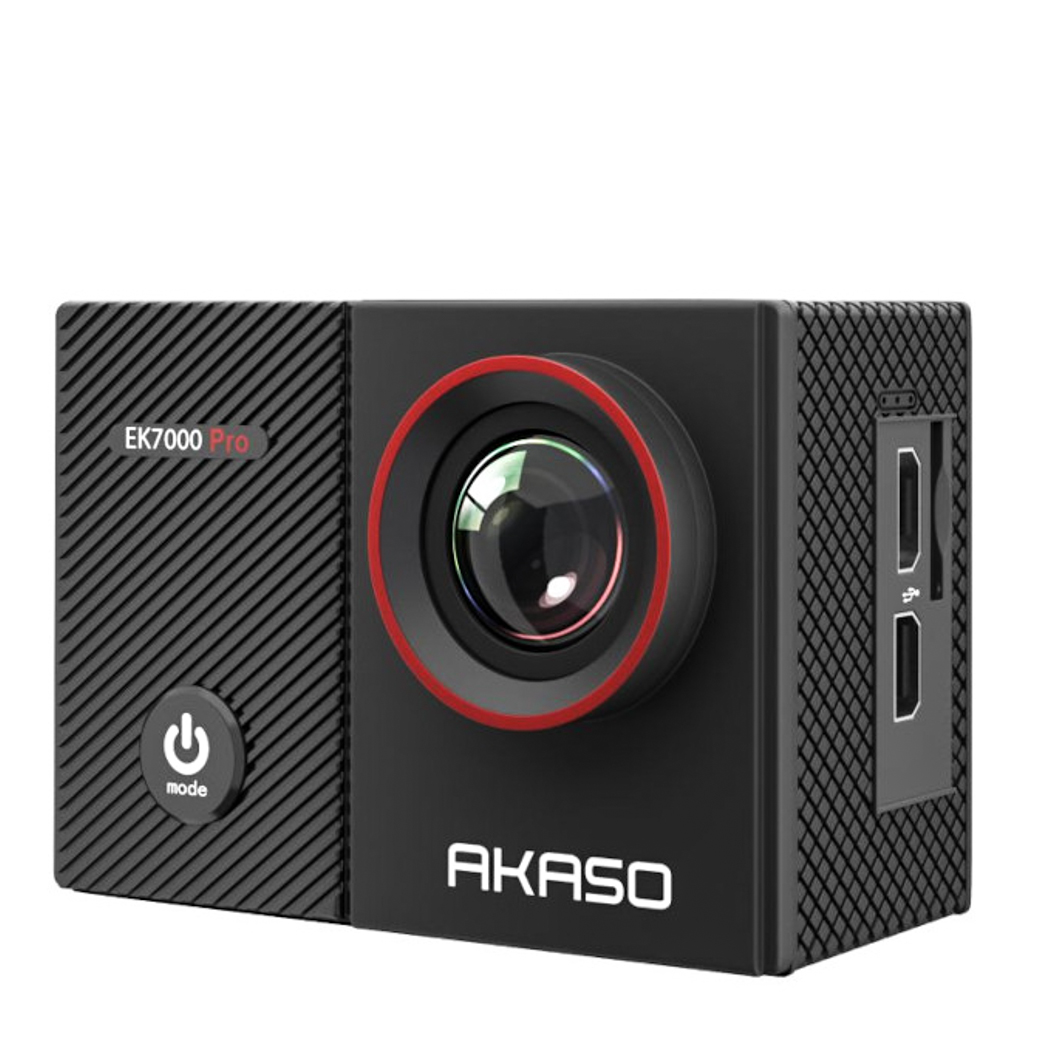
Want a GoPro-like experience without paying GoPro prices? The AKASO EK7000 Pro is a no-frills action camera that can capture 4K video and decent-looking stills — and it's waterproof.
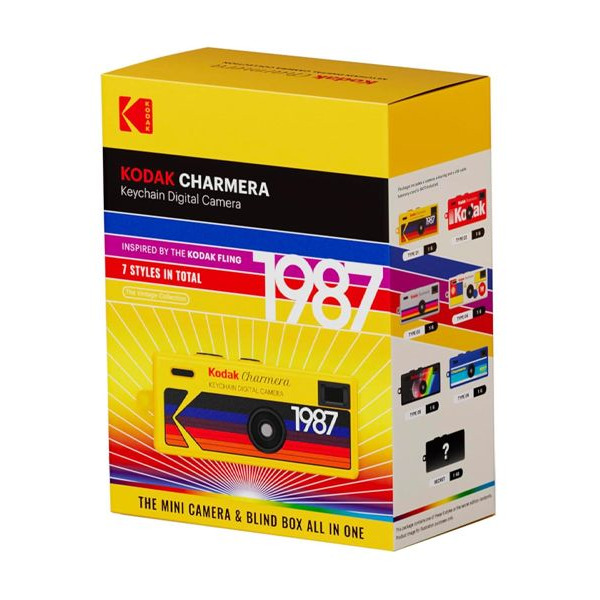
The keyring-sized Kodak Charmera has proved a huge hit across social media, with stocks flying fast. It's only got 1.6MP resolution, but that's offset by buckets of retro charm.
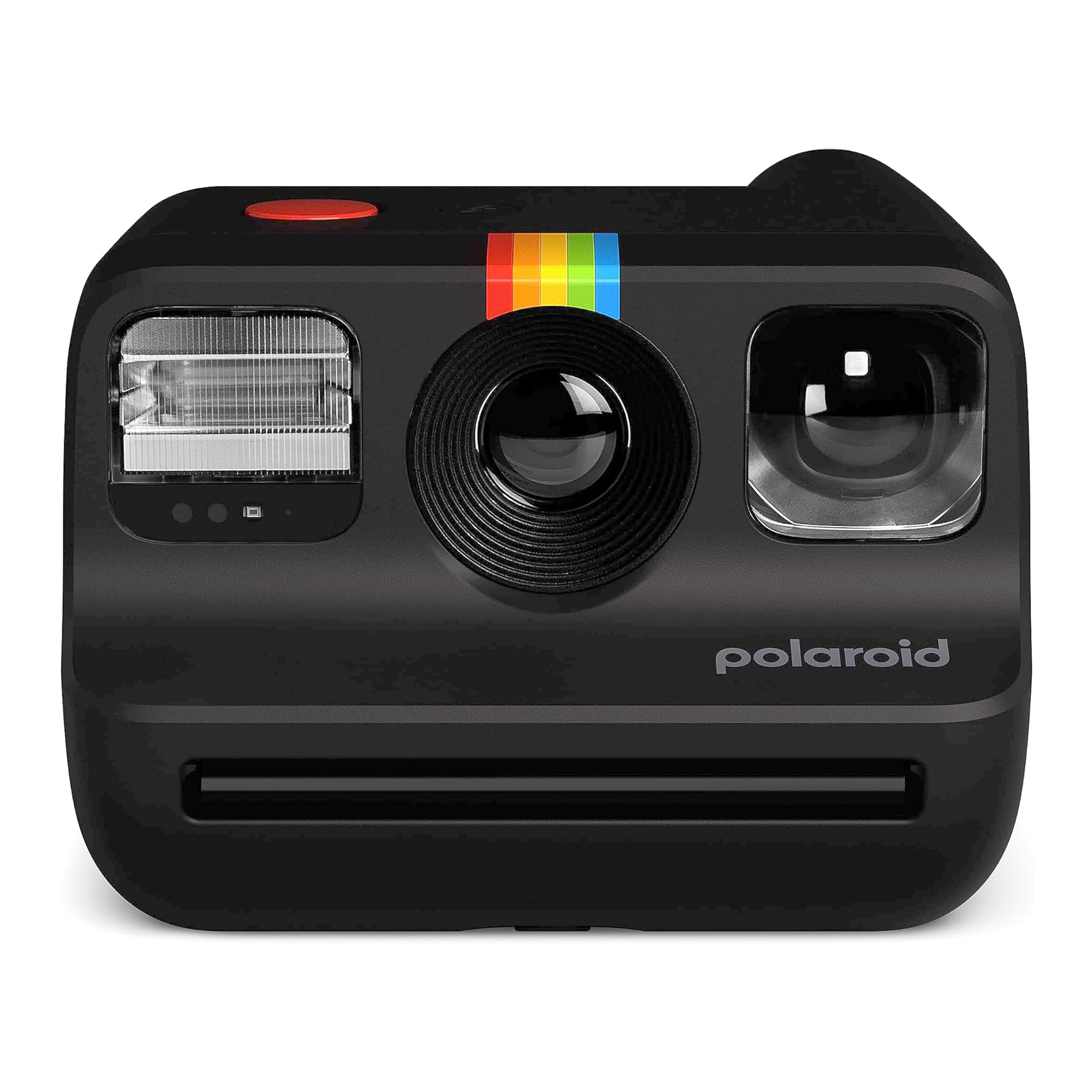
Producing Polaroid-quality prints from a tiny body, the Polaroid Go Gen 2 is a charming instant camera that can be worn on a necklace if desired. Film is a little pricey, but it's a lot of fun.
Load the next products ↴
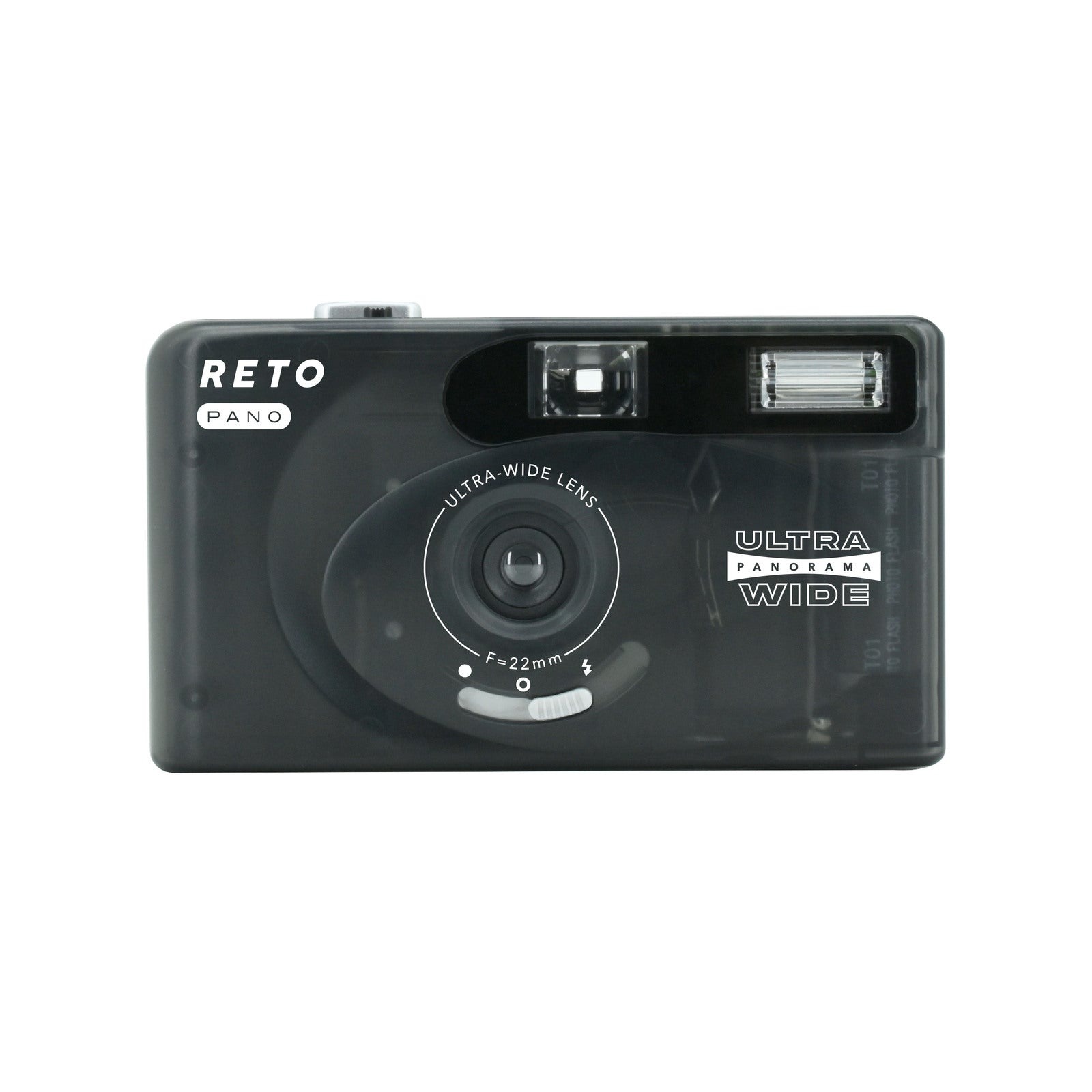
If you want to get started shooting film, the Reto Pano camera is the perfect way to do it. With a built-in flash and viewfinder, it covers the basics, though the 'panoramic' mode is a gimmick.
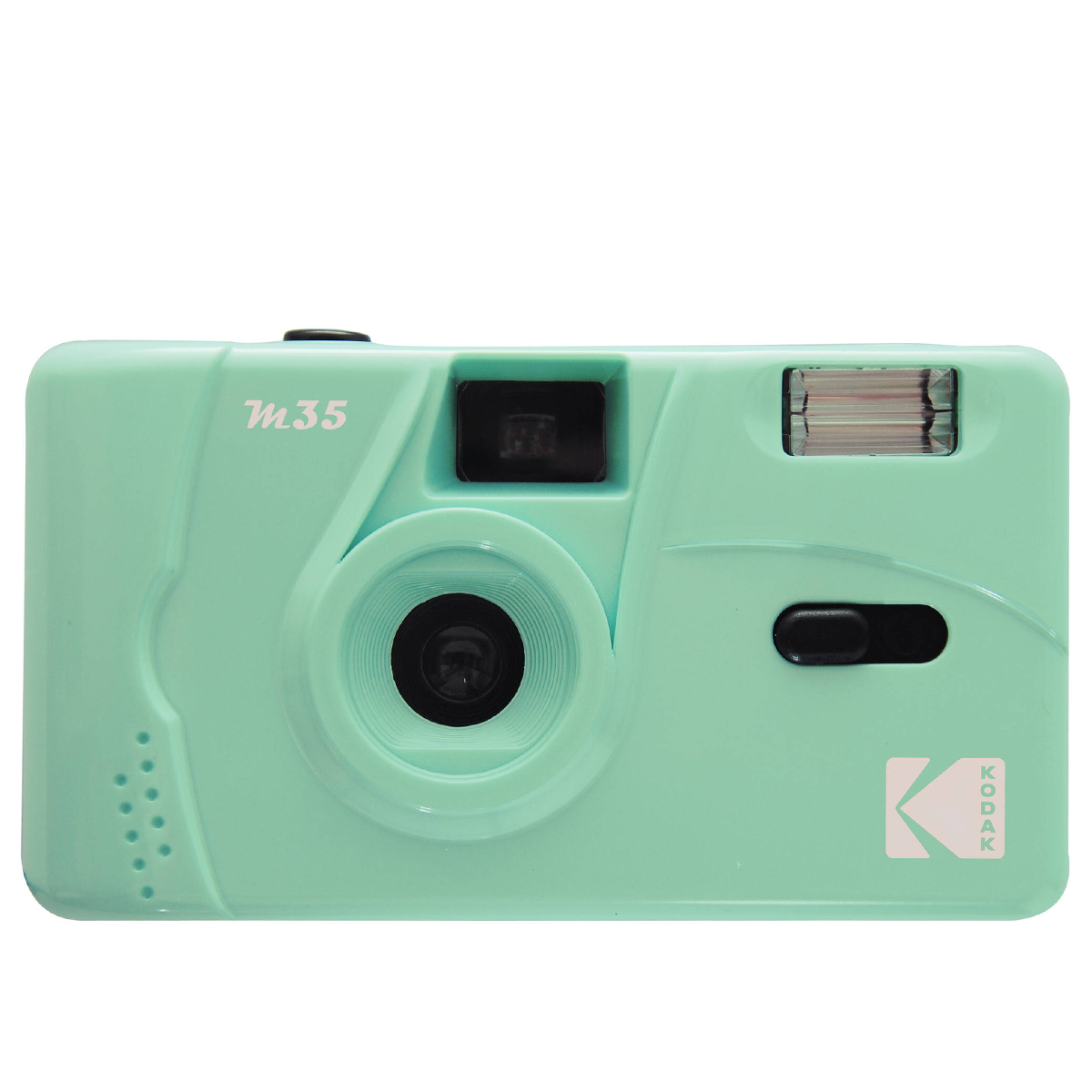
For a more eco-friendly alternative to a disposable film camera, consider the Kodak M35. It functions in basically the same way, with simple controls, but can be reloaded with new film.
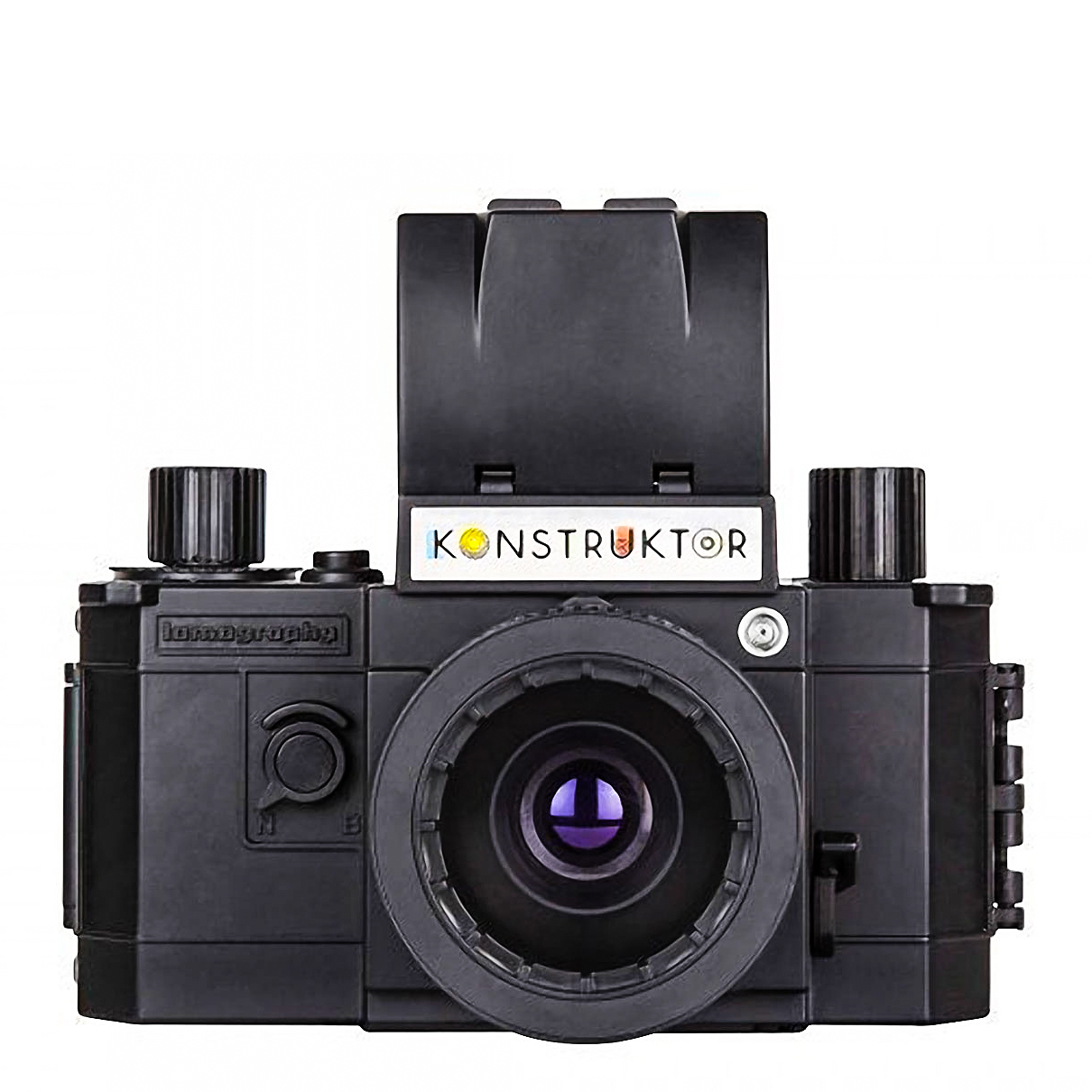
A fun camera project that you assemble yourself, the Lomography Konstruktor F is an enjoyably hands-on way to introduce children to analog photography.
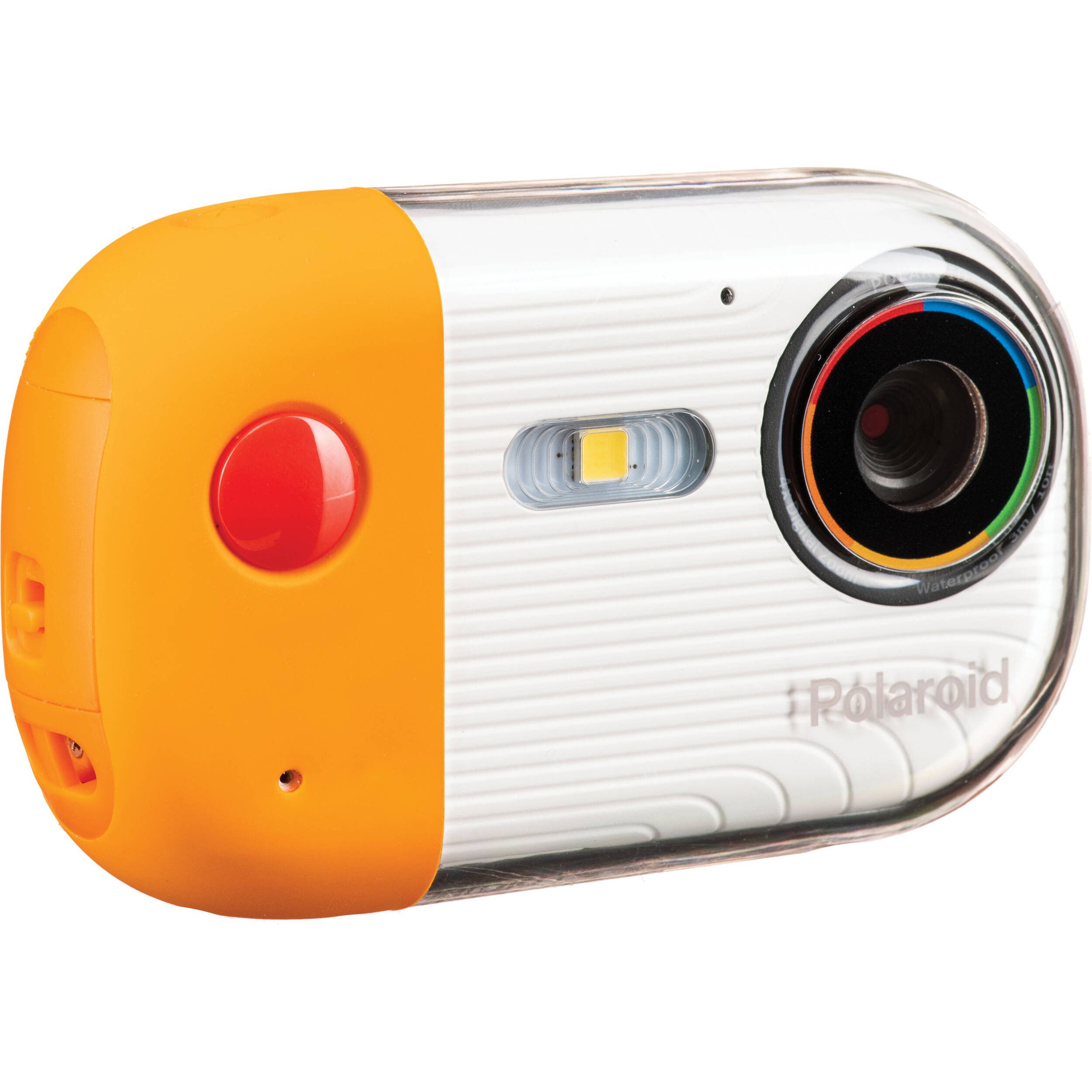
This digital compact is fully waterproofed, meaning it's perfect for beach and kayaking trips. The image quality isn't the most inspiring, but having a 4x optical zoom is certainly handy.
The best cameras under $200
Why you can trust Digital Camera World
Best Instax
Specifications
Reasons to buy
Reasons to avoid
The Instax Mini 12 looks like every version before it, but now has an improved auto-exsposure system. You can view how many shots you have left on the back of the camera and film cartridges are easy to replace; all you need to do is match up the yellow dots. When you first load a new film cartridge, you'll need to fire off one shot to get rid of the plastic film cover and then you're good to go. The film prints almost instantaneously and develops in just 90 seconds. I love the aesthetic of Fujifilm Instax; it's hard to recreate in an app, and for weddings and festivals they're perfect for creating tangible keepsakes.
Read more: Instax Mini 12 review
Best digital camera
Specifications
Reasons to buy
Reasons to avoid
Compact cameras are very much back in vogue, and not only on the high-end expensive side. Cheap compact cameras are also enjoying a return to popularity, with people embracing their lo-fi digital look as a feature rather than a bug, and there are several solid options that come in under our $100 budget. My pick is currently the Kodak PixPro C1.
Kodak (well, to be accurate, Kodak brand licensee JK Imaging) has been pumping out cheap digital compacts under the 'Pixpro' badge. The C1 is the cheapest yet – with a fixed focal-length lens and retro stylings, it's leaning into its lo-fi bona-fides. If you want sharp, high-quality images, a standard smartphone will do a better job, but there is undeniable charm in the 2000s-like digital scuzziness of the shots. The flip-around screen is a nice touch, making it easy to capture lo-fi selfies.
It also even shoots video, and has been somewhat marketed as a vlogging camera, though as we found in our review the lack of Face AF severely limits it in this regard – and in any case, it's very difficult to imagine a vlogging scenario in which this would be a better choice than a phone.
Ultimately, as the only Pixpro camera that consistently stays below $100, this is your best bet for a decent digital compact at this price point.
Read more: Kodak Pixpro C1 review
Best point-and-shoot
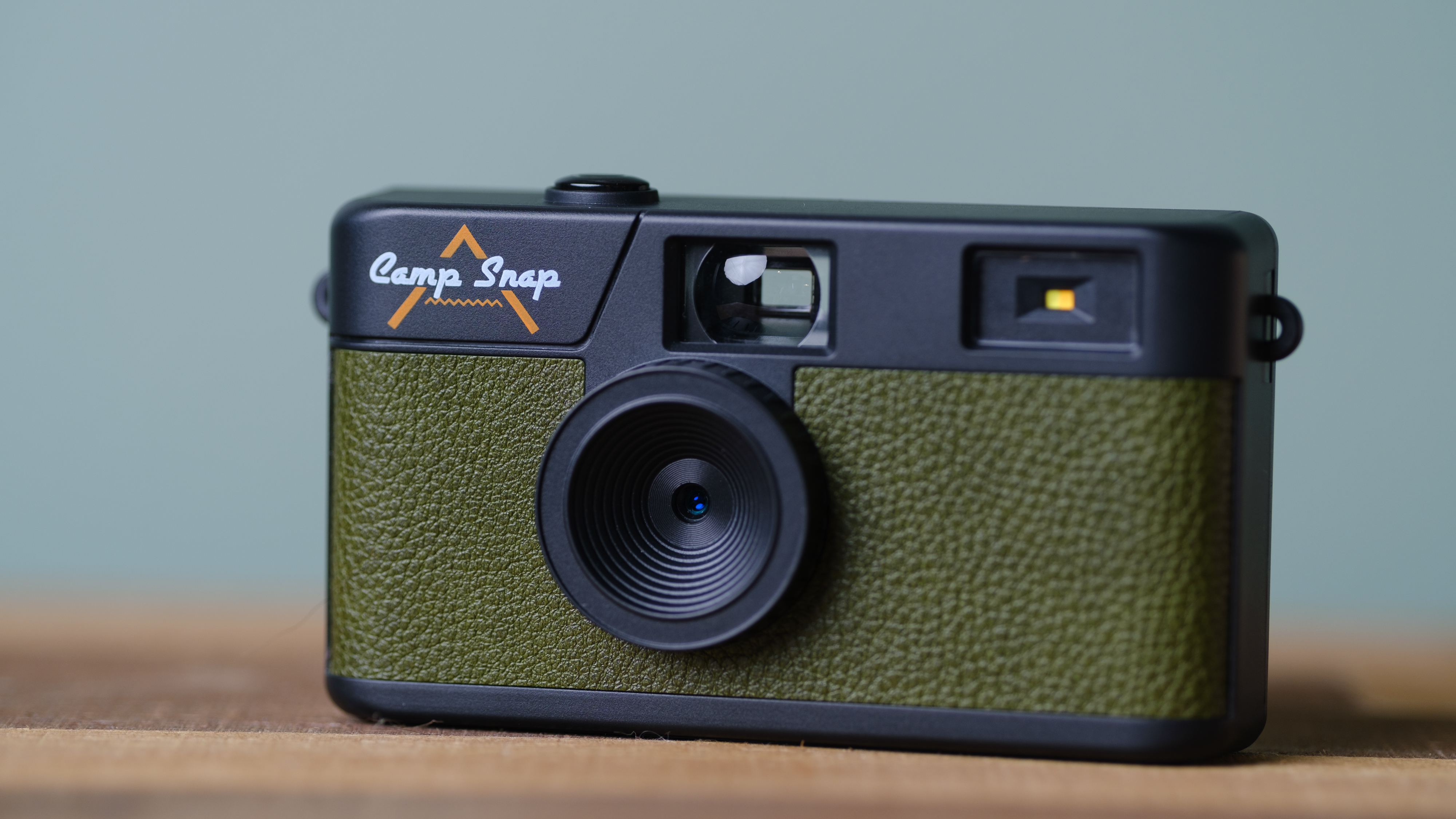
Specifications
Reasons to buy
Reasons to avoid
This clever little compact is a great way to enjoy the knockabout fun of a disposable camera without the hassle and expense of getting film developed. It's a slim, affordable compact camera with a fixed 36.5mm equivalent lens – just like a disposable. However, the trick here is that the Camp Snap is actually digital, but doesn't have a screen. This means you still get that delayed gratification of seeing your shots a significant length of time after they were taken, but when you plug the camera into the computer, rather than when the prints come back from the lab.
In our review, we found the Camp Snap to be a fun family camera. It's great for kids, with even five-year-olds able to pick up and use it thanks to its point-and-shoot operation. It's a bit plasticky, but the textured grippy wraparound is a nice touch, and the image quality has a lo-fi charm to it. Just watch out for the significant shutter lag!
Read our full Camp Snap review
Best action camera
Specifications
Reasons to buy
Reasons to avoid
Planning an action and adventure holiday but don't have a big budget for an action camera? The AKASO EK7000 Pro would be a great choice, it offers plenty of fun features and is one of our favorite budget action cameras. You might be surprised to find out it's capable of shooting 4K video, it can take 16-megapixel photos and it has a two-inch touch screen. It has a fixed wide-angle lens which is perfect for getting a lot of background in, electronic image stabilization will help your video to look smooth and with its waterproof housing, it can go down to depths of 131 feet. If that hasn't you, it even as a time-lapse special effect so this is well worth considering.
See our full AKASO EK7000 Pro review
Best mini camera
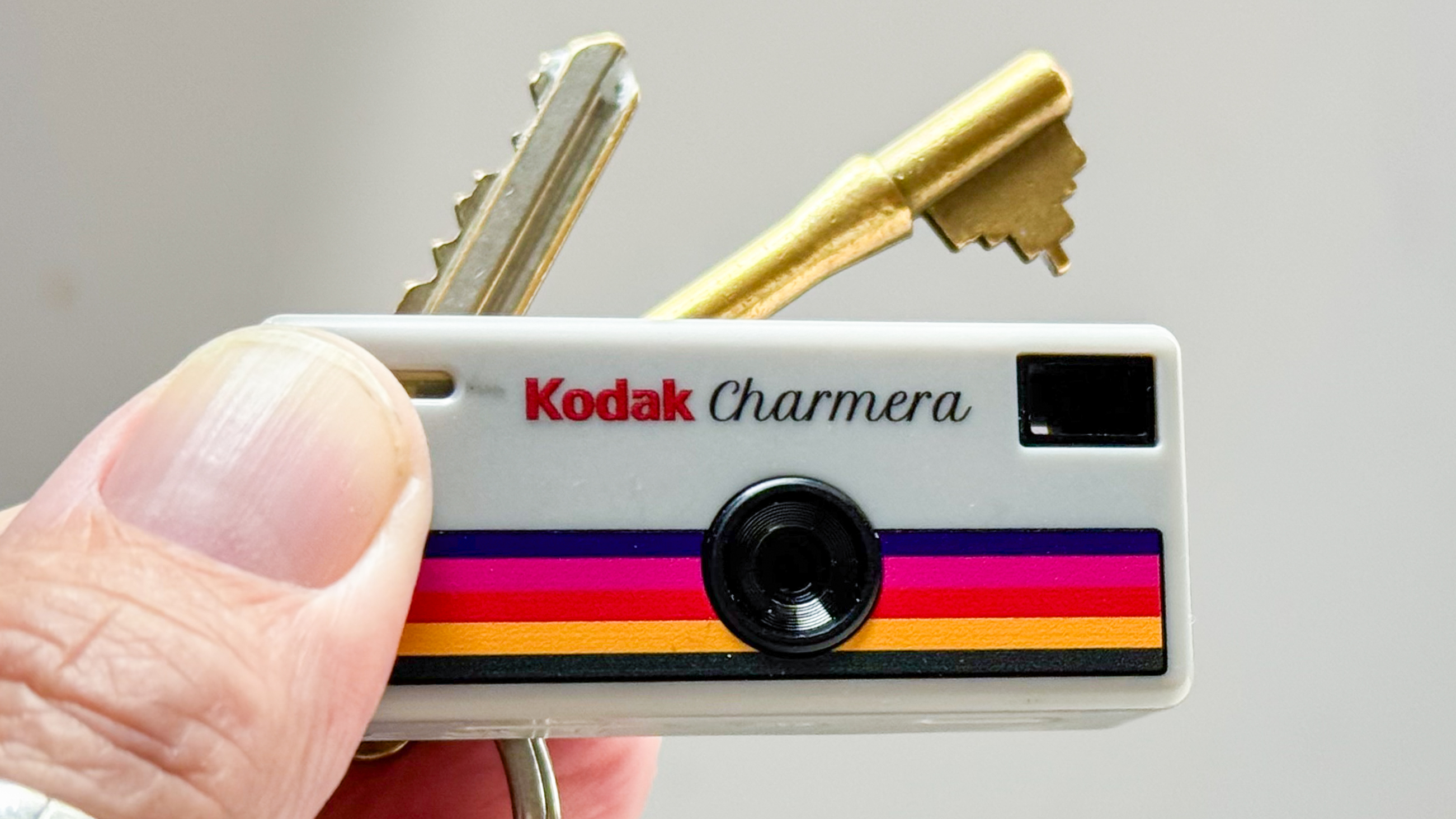
Specifications
Reasons to buy
Reasons to avoid
The Kodak Charmera is a keychain camera that is barely the size of your thumb, takes pictures at just 1.6MP resolution, has no exposure control to speak of – and it's been a massive surprise hit, blowing up on Instagram and TikTok, and selling out so fast that you might have trouble getting hold of one (here's our guide to where to buy the Kodak Charmera if you need a hand locating stock). Go figure!
Once you look closer, it's not that surprising. The Kodak Charmera is, well, charming. With a body design based on the Kodak Fling disposable film camera from the 1980s, though much smaller, this box-like camera comes in six distinct branding styles – and an interesting wrinkle is that you don't know which look you're getting until you open it up, with the camera being sold in a 'blind box'.
As we found in our review, the camera itself is unsurprisingly very easy to use. The vintage frames and filters you can add to your images add plenty of fun to proceedings, having the option of both stills and video adds versatility, and the tiny form factor mean this truly is a camera you can take absolutely everywhere. The image quality is obviously nothing special, but we did find it more pleasing than we expected for a 1.6MP camera. And then there's that price – can you really go wrong for $30?
Read our full Kodak Charmera review for more detail.
Best Polaroid
Specifications
Reasons to buy
Reasons to avoid
Polaroid's smallest camera yet is hard not to love. It's designed so that you can even wear it around your neck, should you want to add a funky accessory to your outfit. The square Polaroid prints are smaller than those you would get out of the full-size Polaroid Now, but that only adds to its cuteness factor. In bright sunlight it does have the tendency to overexpose – and considering how expensive a pack of film is, you don't want to be wasting shots. One of the features we loved was its ability to create double exposure images – something that the most Instax cameras can't do. It's a fun, quirky little camera that is fun to use for both young and old making it one of the best cameras for kids too.
Best 35mm film camera
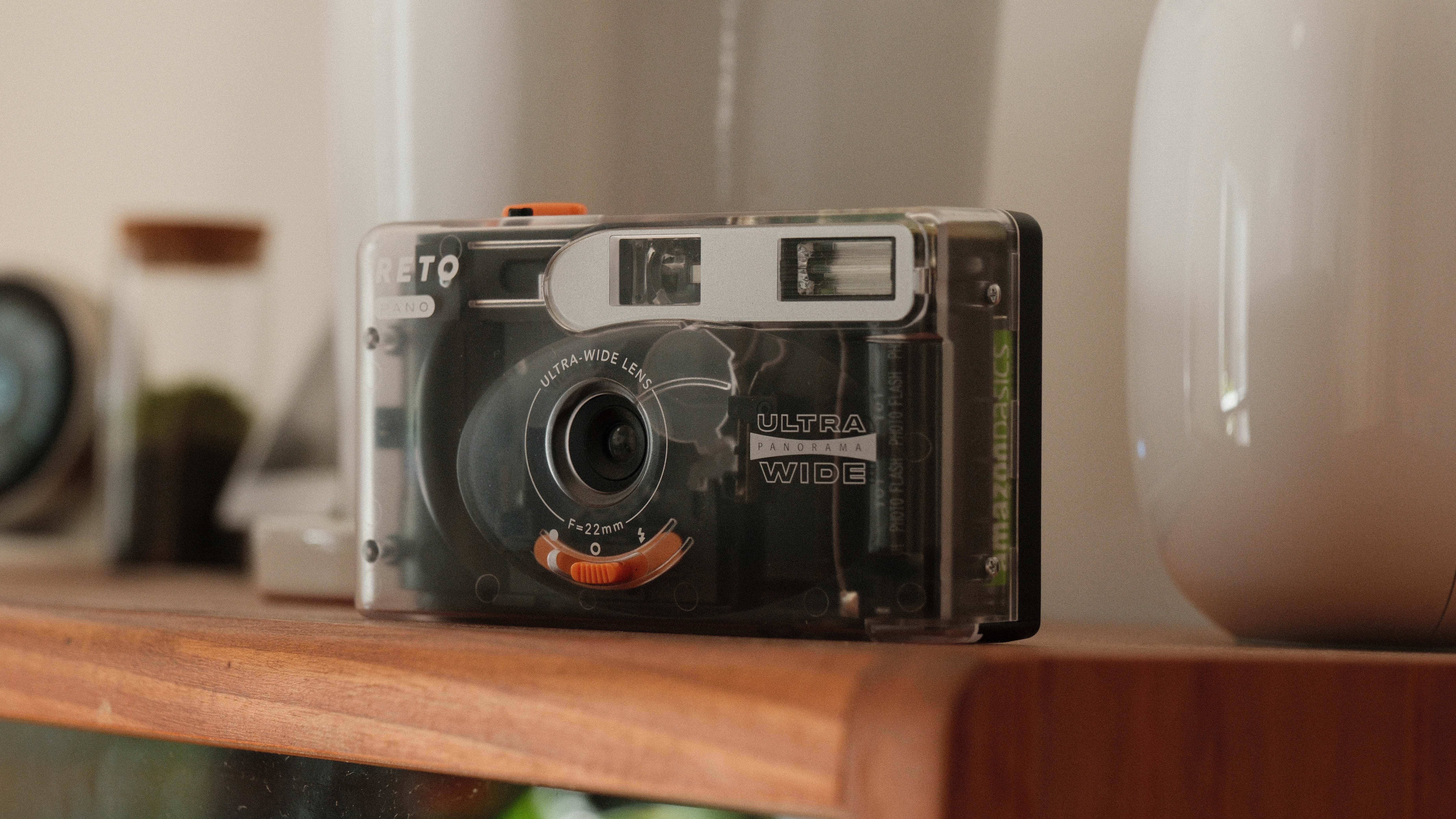
Specifications
Reasons to buy
Reasons to avoid
A slice of analog fun for an ultra-cheap price, the Reto Pano is a reloadable camera with a lightweight shell, simple controls, and the obligatory retro design that's deeply in vogue at the moment. It has a wider-than-average 22mm lens, enabling you to cram more of the scene into the frame than you'd be able to with a standard point and shoot – though as we found in our review, care does need to be taken to avoid your fingers creeping into shot.
The 'Pano' in the name is due to the camera's party trick – an ability to create panoramic images, though in reality these aren't actual panoramic images at all. Instead, it does this simply by cropping the frame down to 24x14.9mm, something that could easily be accomplished yourself in post-processing, and feels a little wasteful.
Still, even if you ignore this function entirely, the Reto Pano is charming analog point-and-shoot in its own right. It's got a built-in flash, powered by a cheap and common AAA battery. It's simple enough for anyone to use, and is a great way to dip your toe into analog photography to see if it's for you, without spending a fortune.
Read our full Reto Pano review for an in-depth look at how this camera performs.
Best analog point-and-shoot
Specifications
Reasons to buy
Reasons to avoid
The Kodak M35 is a fun alternative to a normal disposable. Not only does it look a lot funkier than other cheap film cameras, but it might also save you money in the long run. While the cost of the best 35mm film does seem to be rising, at least with a reusable camera you're creating less waste for the planet. It has a built-in flash so you can snap away even in the dark and a manual wind/rewind feature. Use either black and white or colored film and capture your favorite memories.
See our full Kodak M35 review
Best for kids
Specifications
Reasons to buy
Reasons to avoid
A left-field choice for those wanting a camera for under $100 is to go 35mm, as there are a number of film cameras available at budget prices, and in fact, many of the best Lomography cameras can be bought for under $100. But they don't get much more left-field than the Konstructor... which you build yourself out of the plastic bits contained in this kit. It is a great project for those who want to live the analog life – and a great present for a patient teenager, or someone who used to like making Airfix kits. Remember though, the film costs extra.
See our full Lomography Konstruktor review
Best waterproof
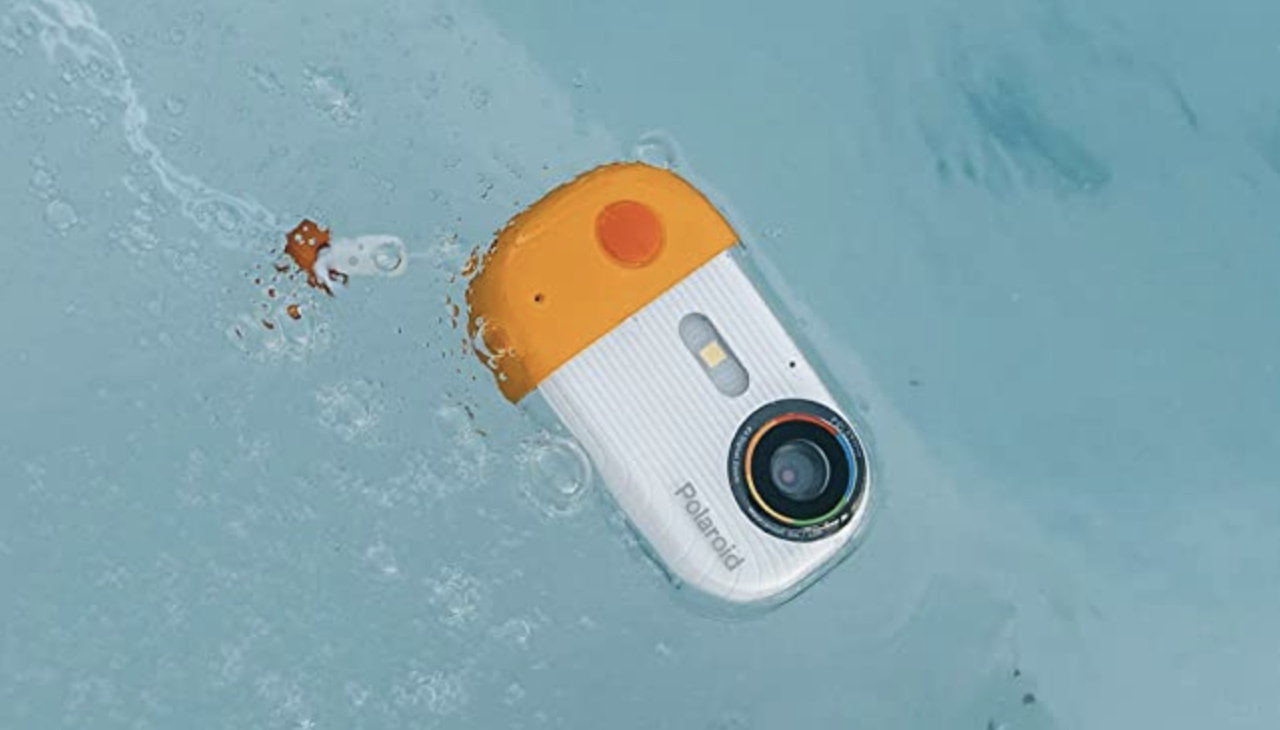
10. Polaroid Wave Underwater Camera
Specifications
Reasons to buy
Reasons to avoid
While the Polaroid Wave might not be able to capture the coral reef in all its glory it is perfect for using among friends whether you're at the beach or on a kayaking trip. It has an 18MP sensor, 4x optical zoom and a LCD screen so you can preview the photos you've taken. It required a micro SD card and it can be charged via USB. It would also be a great camera for kids as it floats in water and isn't too expensive. One thing to bear in mind however that while this camera is readily available in the US, it can be a little harder to find in the UK and other territories.
How to choose the best camera under $100
Whether you're looking for a digital, instant film or even an underwater camera, major manufacturers have done a good job of making sure there are powerful cameras available for two-figure prices.
It's important to be realistic with your expectations. A camera for less than $100 isn't going to have cutting-edge features or massive megapixel counts. However, all of the cameras on our list are reliable, capable, and will do the basics that you need of them.
The main thing to figure out is which type of camera is right for you. Here is a quick rundown of the broad categories of camera we've included on this list:
Digital compacts: Cheap and simple, digital compact cameras have a fixed lens and will capture decent-quality photographs. It was thought until recently that this type of camera had been effectively destroyed by the smartphone; however, Kodak (or at least its licensee) has seen startling success with its new range of ultra-cheap PixPro cameras, one of which features in our guide. Bear in mind that you'll need a memory card to store your photos, and most cheap compacts will not come with one.
Film cameras: Dominated by Polaroid and Fujifilm Instax, the instant film camera market is booming, and many of these cameras can be picked up very cheap. There are also plenty of 35mm film point-and-shoots available for sub-$100 prices. However, in either case, there's a catch — refilling the camera with film will represent an ongoing cost.
Waterproof and action cameras: If you're looking for a vacation camera, or one suitable for kids, a waterproof compact or an action camera is the perfect choice as it will be able to stand up to a bit of rough treatment. While GoPro is the market leader in action cameras, many smaller manufacturers like Akaso (featured above) have stepped in to offer cheaper alternatives.
How we test cameras
We test cameras both in real-world shooting scenarios and in carefully controlled lab conditions. Our lab tests measure resolution, dynamic range and signal to noise ratio. Resolution is measured using ISO resolution charts, dynamic range is measured using DxO Analyzer test equipment and DxO Analyzer is also used for noise analysis across the camera's ISO range. We use both real-world testing and lab results to inform our comments in buying guides.
Read more:
The best cameras under $200
The best camera under $500
The best camera for kids
The best beginner cameras
The best point-and-shoot cameras
Best budget action cameras under $100
The best camera deals, reviews, product advice, and unmissable photography news, direct to your inbox!
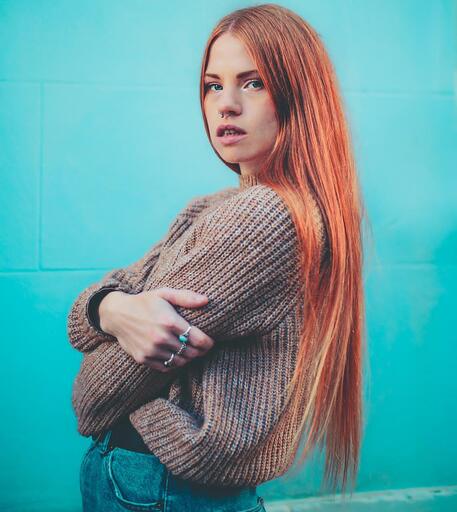
Having studied Journalism and Public Relations at the University of the West of England Hannah developed a love for photography through a module on photojournalism. She specializes in Portrait, Fashion and lifestyle photography but has more recently branched out in the world of stylized product photography. Hannah spent three years working at Wex Photo Video as a Senior Sales Assistant, using her experience and knowledge of cameras to help people buy the equipment that is right for them. With eight years experience working with studio lighting, Hannah has run many successful workshops teaching people how to use different lighting setups.
